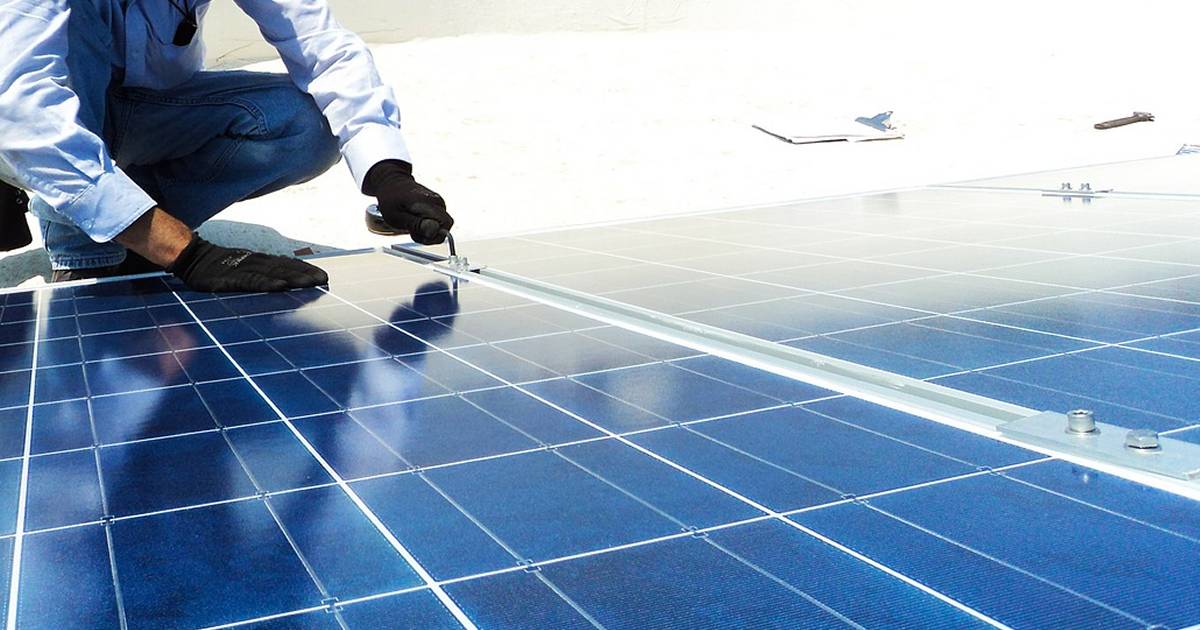The Australian Competition and Consumer Commission has recognised the CEC Approved Solar Retailer program needs tweaking – but is what the ACCC proposes enough?
Back in May, the Clean Energy Council (CEC) lodged an application with the ACCC for re-authorisation of the Solar Retailer Code of Conduct. While the Code was to be replaced by the New Energy Tech Consumer Code (NETCC), that has been delayed pending the outcome of a review by the Australian Competition Tribunal of the ACCC’s NETCC determination.
What Is The Solar Retailer Code of Conduct?
As part of becoming a CEC Approved Solar Retailer1, a business must meet the requirements set out in the Solar Retailer Code of Conduct. On a related ACCC page here, the Code is described as:
“..a voluntary Code intended to improve consumer protection and promote best practice for retail businesses selling solar photovoltaic systems.”
(bolding mine)
Not So Voluntary In Practice
There were plenty of great solar installation businesses that didn’t join the Approved Solar Retailer scheme initially for whatever reasons, including being too busy providing excellent service to their customers to invest the time necessary for joining and maintaining Approved Solar Retailer status. Some still refuse to join today.
But a problem of not being a CEC Approved Solar Retailer is a number of government financial incentives are now only available to purchasers who buy solar power and/or battery systems from a CEC Approved Retailer. An example of such an incentive is the Victorian solar panel rebate. There would be few home solar systems installed in Victoria these days that aren’t being supported by the state’s solar subsidy.
Indicating just how powerful the Approved Solar Retailer program has become, in an announcement yesterday regarding its draft determination the ACCC acknowledged:
“Many retailers’ businesses would suffer or even be unviable without Clean Energy Council approval”
So, there’s been a lot of pressure on solar businesses to jump through the CEC’s hoops and pay the cash to participate in this “voluntary” scheme. This has led to an influx of applications and at times, some installers accepted that shouldn’t have been.
Rejected Applications – No Appeals Process
Not everyone is accepted into the program and that is a good thing, if the rejection is warranted. But mistakes can be made or other issues occur and currently there isn’t an independent appeals process.
While a business can reapply to join the program once rejected, it has to wait three months from the date of rejection before a new application can be assessed. A second rejection results in the applicant waiting six months and if rejected a third time, the applicant must wait 12 months before a new application can be assessed.
As part of the ACCC’s intended re-authorisation of the Code for two years, it is proposing adding a condition requiring the CEC to include an independent appeals process for those businesses that apply to become signatories to the Solar Retailer Code of Conduct, but are rejected.
“An appeals process will help ensure that retailers are not inappropriately rejected from becoming signatories,” said ACCC Commissioner Stephen Ridgeway.
The appeal would likely not be free – the ACCC accepts this would be more costly for the CEC than an initial application review and that it “may be appropriate” for at least part of the additional cost to be borne by applicants.
Is The ACCC’s Condition Enough? Have Your Say.
When the ACCC was seeking submissions a couple of months ago on whether the Clean Energy Council’s Approved Solar Retailer scheme should be renewed, SQ’s Ronald had a fair bit to say on the topic. His (and Finn’s) position was it should not be renewed in its current form as, among other issues, it is not voluntary in practice and is anti-competitive. You can find Finn’s submission to the ACCC here.
The added condition in the draft determination is a start, but still fails to address some of the core issues of the program. The ACCC is now seeking submissions in relation to the draft determination, which need to be submitted by 4 September 2020 – so be sure to have your say if you have concerns.
Further details about the application, various related documents and how to lodge a submission can be found here. The ACCC expects to announce its final decision in October.
Footnotes
- Not to be confused with a CEC Accredited Installer – every solar installer overseeing the installation of grid connected solar power systems must be a CEC Accredited Installer. ↩


 RSS - Posts
RSS - Posts



The ASR needs to mean something in terms of the quality of the install. In my view, if you do not have an electrical contractors license you can’t sell solar !! You should also be only able to buy solar from an ASR. Get rid of rubbish sales companies that pile em high and sell ’em cheap, subcontracting to the lowest contractors paying peanuts, therefore, corners cut.
Also how much money is the Australia Government losing out in GST!! So many companies re not charging GST correctly !! Stop the phoenixing !!! All that happens is the Australia population loses and reputable companies like mine compete against these bottom-feeders who know that they won’t be here in 2 years time.